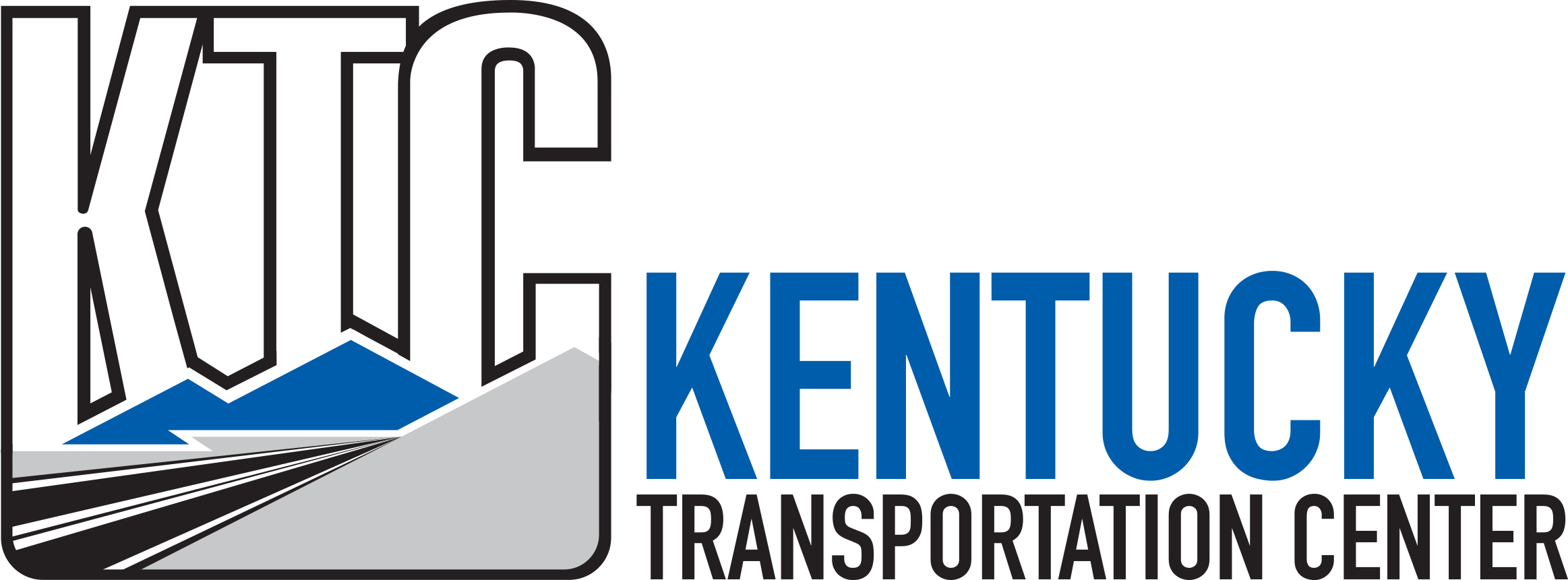Abstract
Public-private partnerships (P3s or PPPs) offer an innovative procurement method for the public sector. P3s involve collaborations between the public and private sectors to finance, develop or maintain transportation infrastructure. In an era of shrinking budgets and increased demand for transportation infrastructure, the Kentucky Transportation Cabinet (KYTC) can analyze experiences in other states to determine a best path forward on the issue of P3s. The objective of this study is to examine benefits and drawbacks of using P3s, current trends and past performance of P3s in the procurement of state transportation infrastructure projects, and common legislative statutes relating to P3s.
The team reviewed literature that broadly related to privatization. Then they defined P3s according to the parameters laid out by the Federal Highways Administration (FHWA). This report contains: 1) guidance and best practices that can be used to help ensure successful P3 implementation, 2) case studies that describe P3 experiences and lessons learned, 3) a list of factors that policymakers should consider as they deliberate on whether a P3 is the best procurement option for specific projects.
The research conclusively demonstrated that P3s have become more widely used for transportation infrastructure projects in the United States in recent years. Policymakers must thoughtfully weigh risks and benefits before approving P3 agreements. If Kentucky moves ahead with a transportation P3 program, future research would be geared toward studying the performance of projects and toward gathering lessons learned.
Report Date
8-2015
Report Number
KTC-15-13/SPR15-500-1F
Digital Object Identifier
http://dx.doi.org/10.13023/KTC.RR.2015.13
Repository Citation
Gibson, Bryan; Wallace, Candice Y.; and Sturgill, Roy E., "Synthesis of Public-Private Partnerships: Potential Issues and Best Practices for Program and Project Implementation and Administration" (2015). Kentucky Transportation Center Research Report. 1488.
https://uknowledge.uky.edu/ktc_researchreports/1488



Notes
© 2015 University of Kentucky, Kentucky Transportation Center
Information may not be used, reproduced, or republished without our written consent.
The contents of this report reflect the views of the authors, who are responsible for the facts and accuracy of the data presented herein. The contents do not necessarily reflect the official views or policies of the University of Kentucky, the Kentucky Transportation Center, the Kentucky Transportation Cabinet, the United States Department of Transportation, or the Federal Highway Administration. This report does not constitute a standard, specification, or regulation. The inclusion of manufacturer names or trade names is for identification purposes and should not be considered an endorsement.